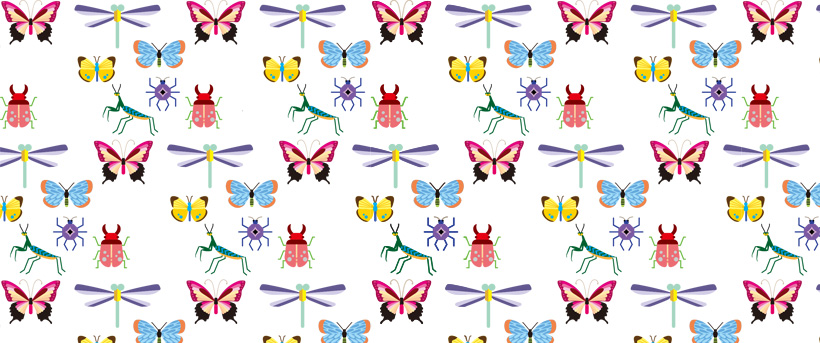
Arthropods “have the plant hormones auxin and cytokinin in their bodies”
A study conducted by the Faculty of Agriculture of Saga University, the Graduate School of Saga University, the United Graduate School of Agricultural Science Kagoshima University, and the Faculty of Agriculture of Ibaraki University (represented by Dr. Makoto Tokuda of the Faculty of Agriculture of Saga University) has published the world’s first study on insects.
Some plant-eating insect species are known to manipulate the developmental process of plants in order to form insect lumps. In the course of our previous studies, we have shown that insects that form insect lumps have an enzyme that synthesizes plant hormone coenzymes and that they likely synthesize a cytokinin, which is also a plant hormone, in their bodies. It has also been found that not only do insects that form insect lumps have the ability to synthesize coenzymes, but also non-plant feeding insects and even non-plant feeding insects have this ability.
To determine why insects that do not eat plants also have the ability to synthesize phytohormones in their bodies, the study analyzed a range of terrestrial arthropods, including mites, spiders and polychaetes in addition to insects, to determine whether they retained auxin and cytokinin.
The results showed that all the arthropods analyzed retained high levels of auxin in their bodies. On the other hand, only certain insects retained cytokinins. If the function of auxin in arthropods such as insects is elucidated in the future, the biological importance of auxin, a substance widely considered as a phytohormone, may be recognized from a new perspective.